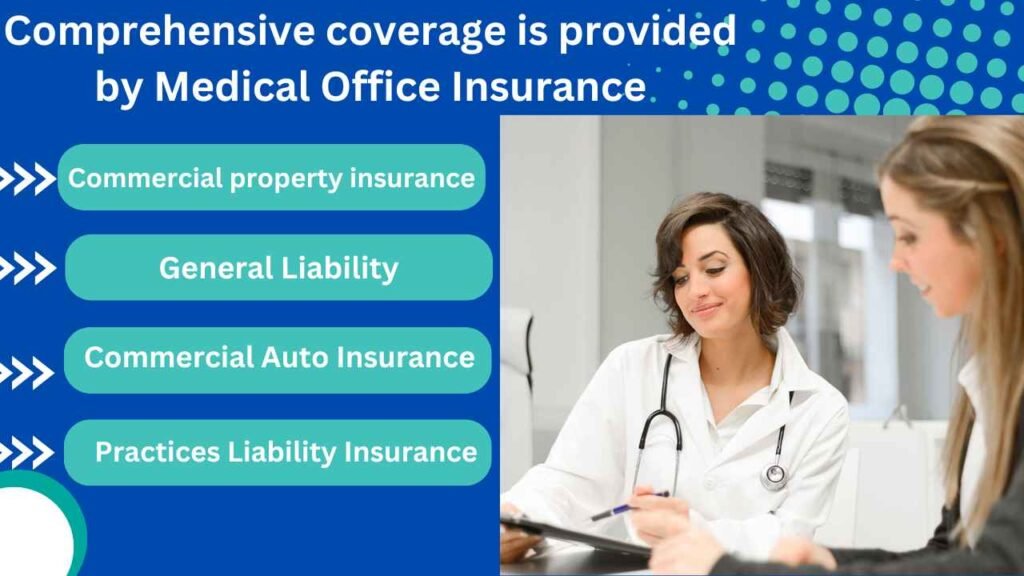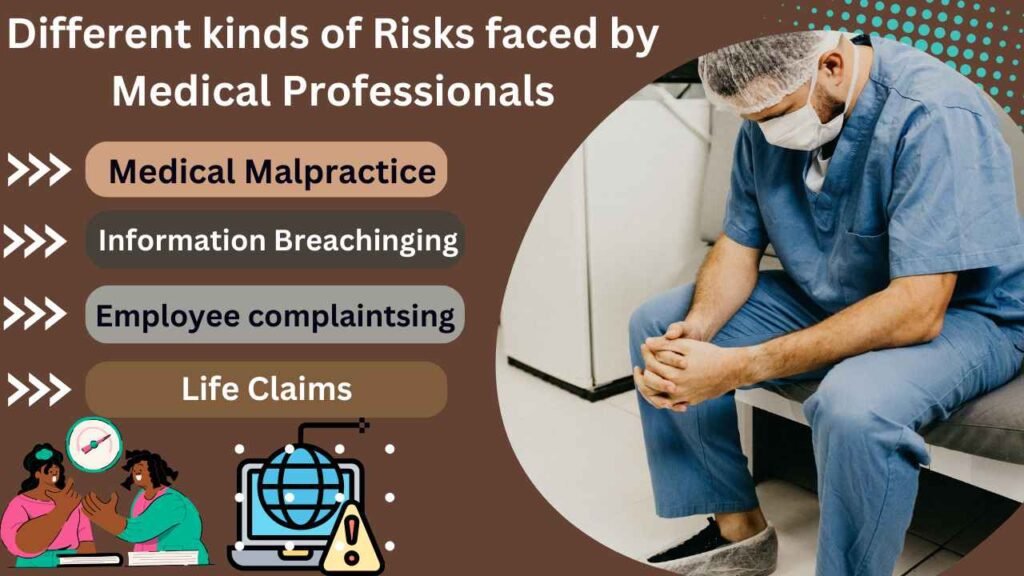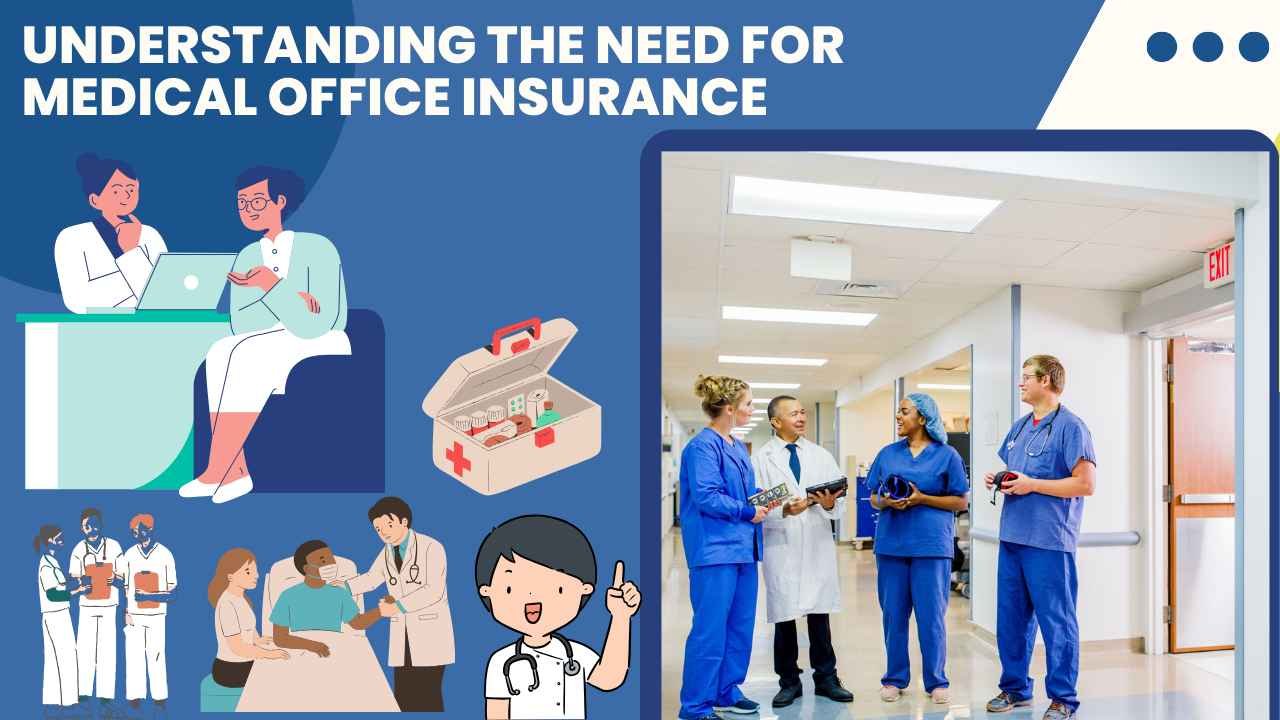Understanding the need for medical office insurance is essential for ensuring the viability and credibility of your company. The coverage provides aids and measures, protecting against liabilities resulting from malpractice claims, general liability accidents, and property damage. By acquiring full coverage, you can reduce the economic effects of uneven events such as natural calamities or business interruptions, ensuring the continuation of operations. Furthermore, sufficient protection helps to ensure that one meets state legislation and regulatory guidelines. Besides having legal responsibilities, insurance delivers peace of mind, enabling you to focus on providing outstanding patient care without constant stress about financial threats. At last, enrolling in medical office insurance is a preventative measure that not only saves your organization’s assets but also strengthens your belief with patients and stakeholders, bolstering your reputation within the healthcare community.
Comprehensive coverage is provided by Medical Office Insurance

Medical office insurance offers an extensive range of insurance alternatives tailored to the specific risks that come across by medical offices. Recognizing the various kinds of insurance accessible is critical to ensuring proper protection for the act in question.
Commercial property insurance
Commercial property insurance insures your medical clinic’s real property which includes structures, machinery, goods, and furnishings. This policy protects damages resulting from dangers such as fire, criminal activity, theft, and catastrophic events. Whether that is your office structure, medical supplies, or warehouses, commercial property insurance pays for replacement and repair costs, helping you to recover fast following unexpected property loss and restart clinic operations.
General Liability
General liability insurance safeguards against third-party accusations of physical harm, damage to property, or personal harm that occur on the premises of the medical practice. This coverage includes occurrences such as trips and falls and property damage.
Commercial Auto Insurance [CAI]:
Medical offices that possess or rent vehicles for business reasons need commercial vehicle insurance to protect themselves against liability caused by accidents, injuries, or property damage affecting commercial vehicles.
Employment Practices Liability Insurance[EPLI]:
Professional Practices Risk Insurance covers healthcare facilities against claims of unfair treatment, enticement, wrongful termination of employees, or retaliation. This coverage helps to pay legal expenses and compromises that arise from work-related subject disputes.
Different kinds of Risks faced by Medical Professionals

Healthcare workers encounter an extensive variety of perils in their regular duties, from caring for patients to commercial operations. Some of the main hindrances they confront:
Medical-Malpractice:
Medical malpractice lawsuits are one of the most severe risks that healthcare providers face. These claims stem from asserted inattention or mistakes in the evaluation, therapy, or care of patients that cause harm or injury to the patient. Healthcare malpractice claims can result in significant legal costs, and settlements, and harm a medical practitioner’s public image.
Information Breaching:
Healthcare providers rely more and more on computerized medical records or online communication relationships. They are particularly exposed to security breaches and attacks. Patient wellness information is very sensitive and beneficial to fraudsters, making medical facilities an ideal target for breaches of data. A breach of information regarding patients may result in monetary damage, regulatory fines, damage to reputation, and legal liability for the health care provider.
Employee complaints
Physicians might encounter related work risks, such as lawsuits filed with workers alleging wrongful dismissal, prejudice, and intimidation. Employee complaints can result in legal fees, communities, and adverse publicity to the clinic. It is impacting employee productivity as well as morale.
Life Claims
These assertions include a broad spectrum of risks and responsibilities that medical professionals might face in their practice. The allegations might stem from an assortment of causes, involving accidents, harm to property, or other incidents that occur in the clinic facilities or during patient care. Real-life complaints necessitate suitable insurance protection to safeguard against financial losses and legal obligations, ensuring the continuous operation and revenue of the medical center.







